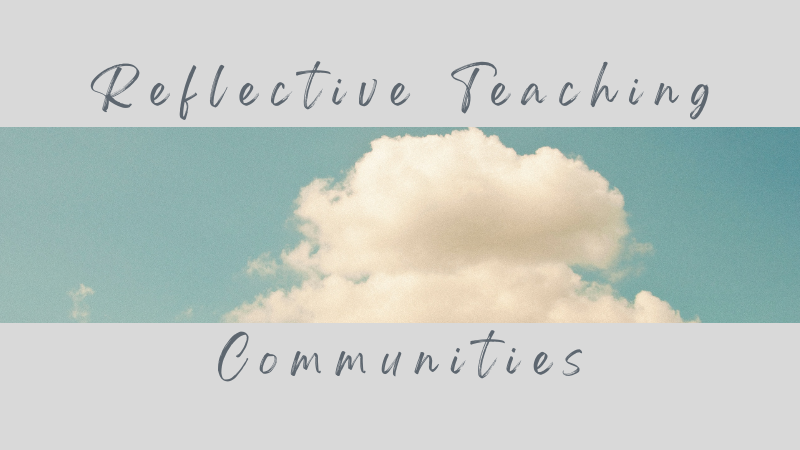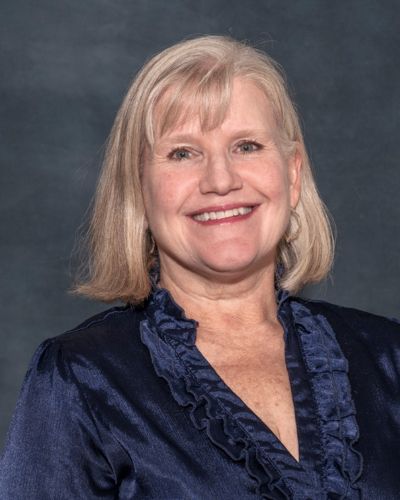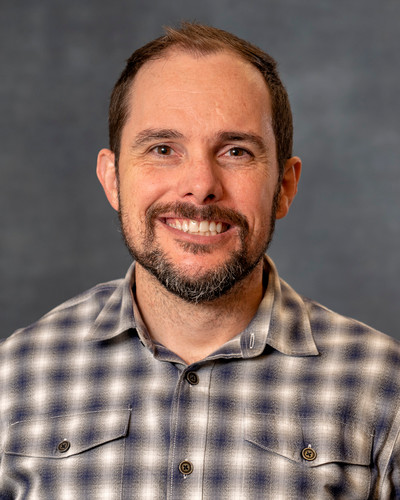The deadline to register for Spring 2026 Reflective Teaching Communities was November 21, 2025. Check back soon for Fall 2026 opportunities!

Teaching is a central component of a faculty member’s job—and yet it’s one many instructors perform alone, without the presence of our colleagues. In Fall 2024, the CTL launched a new program designed to support teaching as a cooperative project: Reflective Teaching Communities (RTCs). RTCs emphasize peer support, collaboration, and reflection, not evaluation. Participants are grouped with faculty who have similar teaching interests from a wide variety of disciplines. Over the semester, they visit three peers’ class sessions and observe their teaching—not to pass judgment on their skills but rather to discover new ideas and insights for their own teaching.
Reflective Teaching Communities are a form of appreciative inquiry, a strengths-based approach to leadership that is highly valued in both higher education and the private sector. Appreciative inquiry builds on its participants’ skills and successes to enhance their potential. In an RTC, this process unfolds in a peer mentoring—also called horizontal mentoring—format. Research has shown that horizontal mentoring is a highly effective approach to building excellence and community in higher education, especially for underrepresented groups (Martin et al 2018, Pilot et al 2023, Searby 2016). The RTC peer mentoring structure also builds interdisciplinary relationships, as faculty members from across the university may work together, regardless of discipline, appointment type, and rank.
Our Reflective Teaching Communities are inspired by an internationally acclaimed method first pioneered locally: Teaching Squares, an invention of Anne Wesseley at St. Louis Community College. Teaching Squares aims to give faculty members a peek into each other’s classrooms, making teaching less lonely and giving instructors a fresh source of collaborative energy. This evidence-based mode of peer mentoring and observation has been adopted at many universities.
In Reflective Teaching Communities at UMSL, we hope to cultivate that energy by giving faculty a space to share ideas, celebrate their success, and set new goals. RTCs are not teacher training; they’re an opportunity to gather together and appreciate the amazing work we already do. Participating faculty will be grouped in cohorts of three or four according to their primary class format: introduction and general education courses, writing-intensive and project-heavy courses, lab-lecture-recitation combination courses, discussion-focused courses, and graduate courses. These smaller cohorts will allow faculty to focus on the strategies and approaches that most impact their own teaching needs.
Their inquiry will be guided by the CTL in several ways: through an initial orientation meeting, detailed observation forms that encourage them to reflect on their own teaching, regular meetings with facilitator Ana Quiring, a final debrief session, and a reflection document that will be uploaded to MyVita. This document gives faculty a concrete record of their participation and their commitment to teaching effectiveness, something they can use in future promotion files.
Eager to gain insight into how to be more effective in the classroom, I signed up for RTC at the beginning of the fall 2024 semester. By the end of the semester, I received thoughtful feedback that validated things I do well, received suggestions on ways to enhance delivery, observed excellent engagement and interaction in the classroom by my peers, and strengthened my bond with my colleagues. I greatly appreciated my experience with the RTC program and encourage faculty to participate if possible!
Visiting Trey's class and seeing elements (no pun intended, Trey) of what was discussed regarding cellular processes and how that connected with my course content was incredible. [I was] seeing the scaffolding of concepts across a student's potential academic program.

